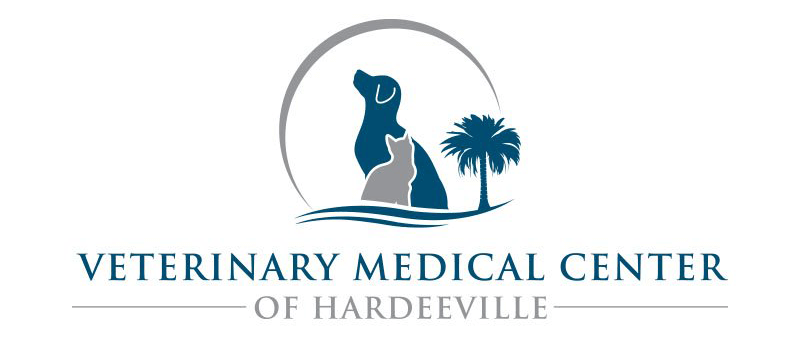At Veterinary Medical Center of Hardeeville, we believe that good oral health is vital to the overall well-being of your pet. Just like humans, our furry friends can suffer from dental disease, which can have serious implications for their health if not addressed. Let's explore the tell-tale signs of dental disease in your pet and how you can ensure they maintain a clean, healthy smile.
Signs Of Dental Disease In Your Pet
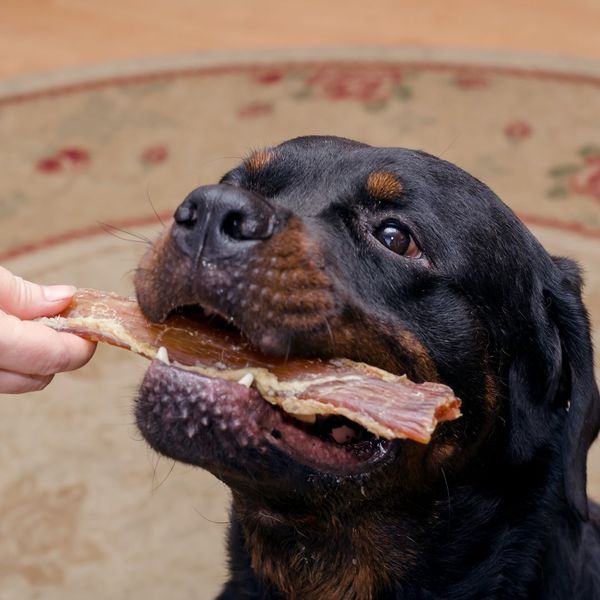
Bad Breath
Has your pet's breath been less than pleasant lately? Bad breath, known as halitosis, is one of the most common signs of dental disease. While some degree of oral odor is normal, an unusually foul smell may indicate an underlying dental problem. The source of the odor is often bacteria buildup in the mouth, which can lead to gum disease and tooth decay.
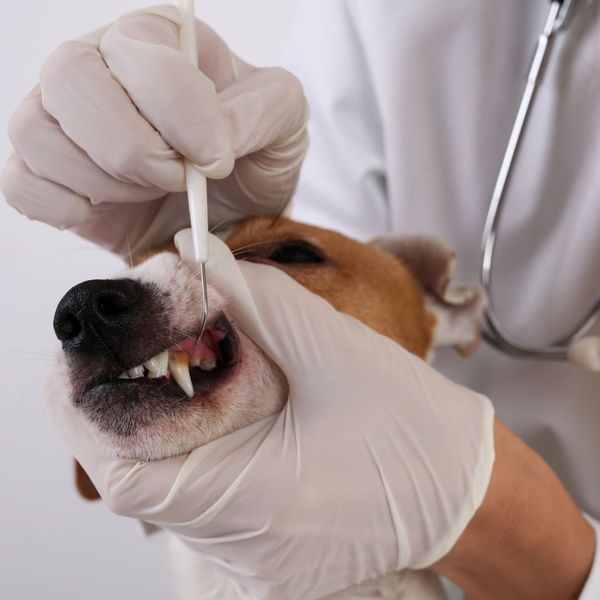
Tartar and Plaque Buildup
As pet parents, it's essential to keep an eye out for any noticeable tartar or plaque buildup on your pet's teeth. Tartar appears as a yellowish-brown substance that hardens onto the teeth. Plaque, on the other hand, appears as a sticky film of bacteria. Both can contribute to dental disease, causing inflammation, gum recession, and tooth loss if left untreated.
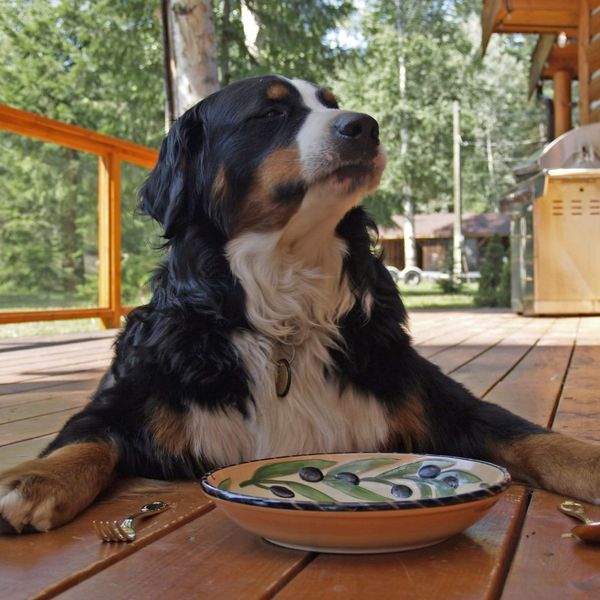
Difficulty Eating
If you notice changes in your pet's eating habits, such as reluctance to chew on toys or a sudden preference for softer food, it could be a sign of dental discomfort. Dental disease can cause pain, making it challenging for your pet to chew and swallow their food. In severe cases, pets may even drool excessively or paw at their mouth due to the pain caused by dental issues.
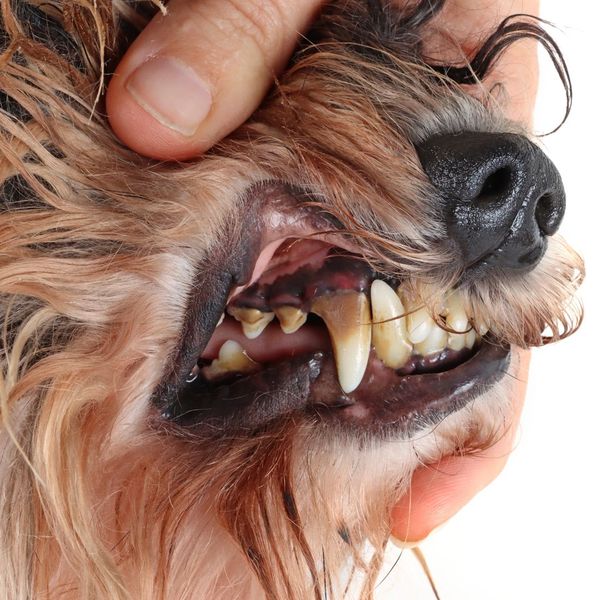
Swollen or Bleeding Gums
Inspecting your pet's gums regularly is crucial in maintaining their oral health. Healthy gums should be pink and firm. If you notice any redness, swelling, or bleeding, it may indicate gum disease. Gingivitis, an early stage of gum disease, can progress to periodontitis if not addressed promptly, contributing to tooth loss and potentially affecting the overall health of your pet.

Behavioral Changes
Dental disease doesn't just affect your pet's oral health; it can also impact their overall behavior. If your pet is normally docile but suddenly becomes irritable, aggressive, or withdrawn, it could be a sign that they are experiencing dental discomfort. Pain from dental issues can cause mood changes, affecting their quality of life and overall happiness.

Prevention and Care
To ensure your pet maintains a healthy mouth, there are several preventative measures you can take:
Regular Dental Examinations: Schedule annual dental check-ups with our experienced South Carolina veterinarians. A thorough examination, along with dental X-rays if necessary, can help identify any underlying dental issues.
Professional Dental Cleanings: Just like with humans, pets require professional dental cleanings to remove tartar and plaque buildup. These cleanings are performed under anesthesia, allowing your veterinarian to thoroughly clean, polish, and assess each tooth's condition.
Home Dental Care: Incorporating a dental care routine into your pet's daily routine is crucial. Brushing their teeth with pet-friendly toothpaste and a toothbrush designed for their size can help control plaque and reduce the risk of dental disease. Several dental treats, toys, and water additives are also available to aid in maintaining oral health.
As responsible pet owners, it is our duty to provide our furry companions with the best possible care, including monitoring their dental health. If you have any concerns about your pet's dental health or need support in developing a dental care routine, our team at Veterinary Medical Center of Hardeeville is here to assist you. Contact us today to schedule an appointment or learn more!
